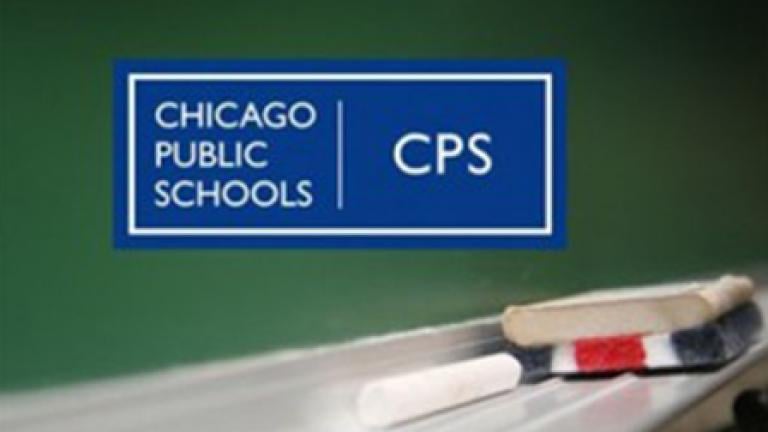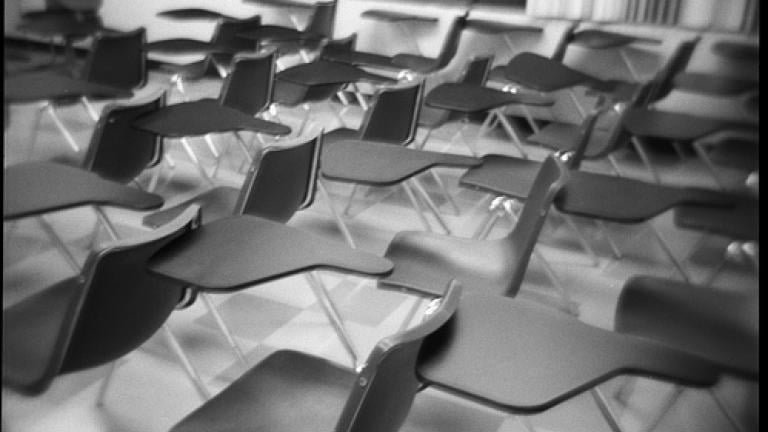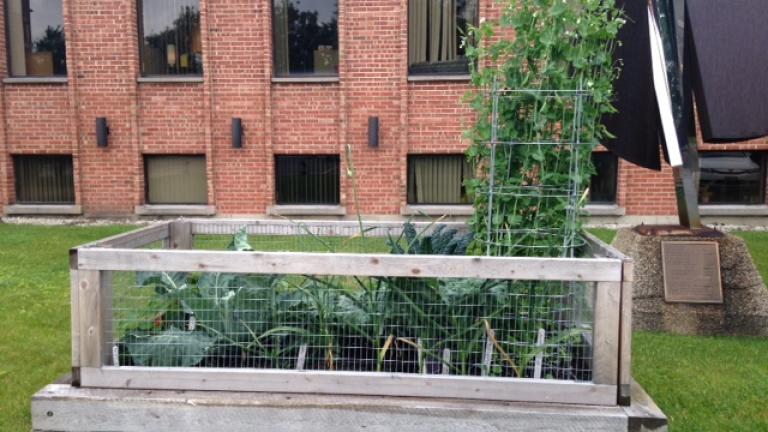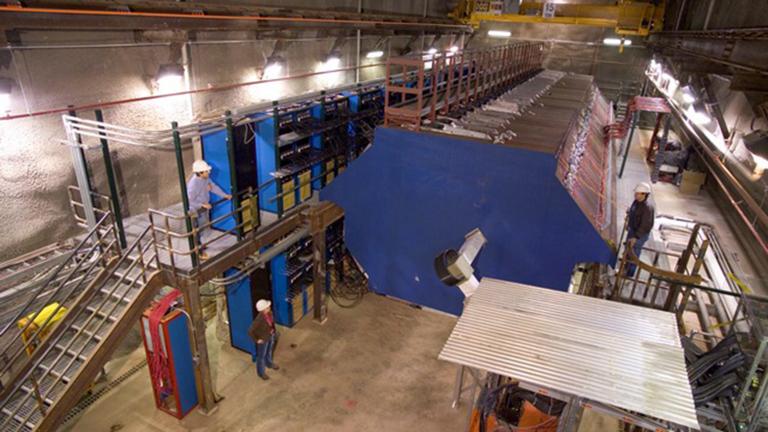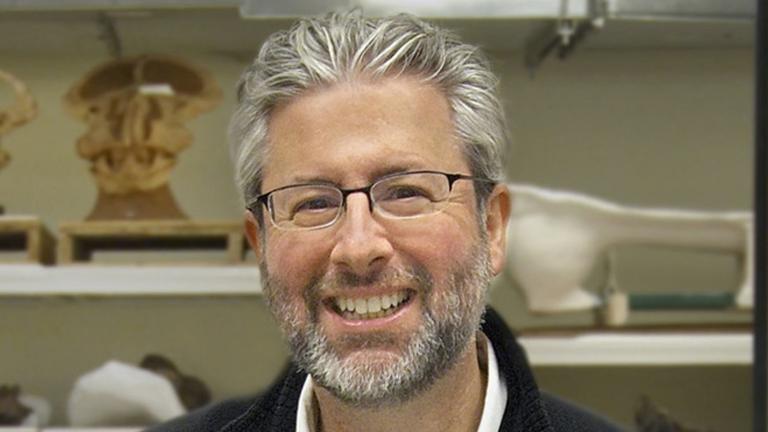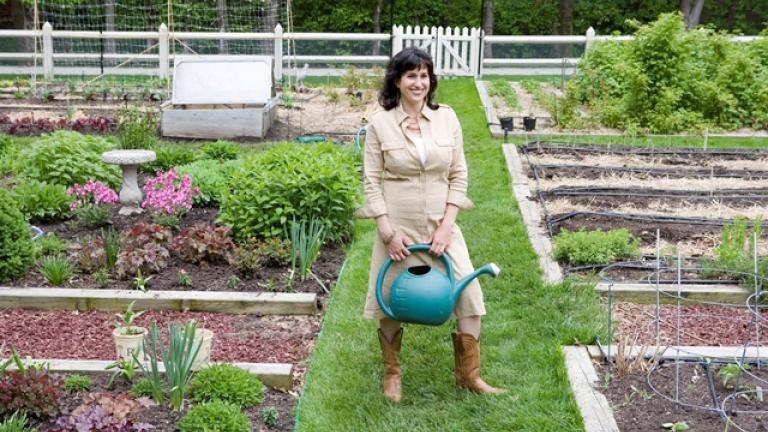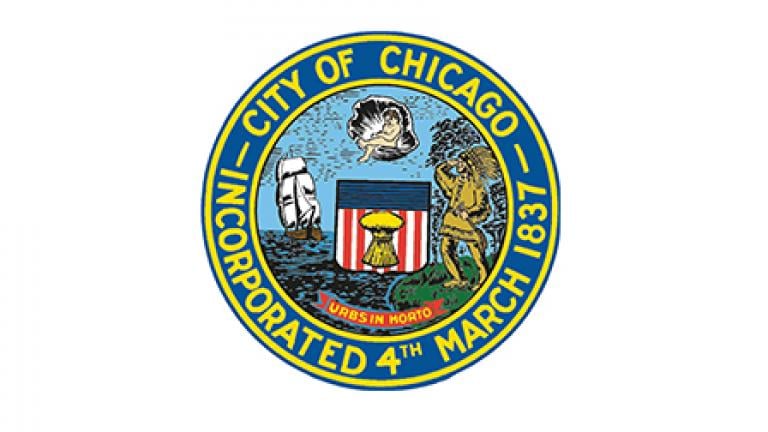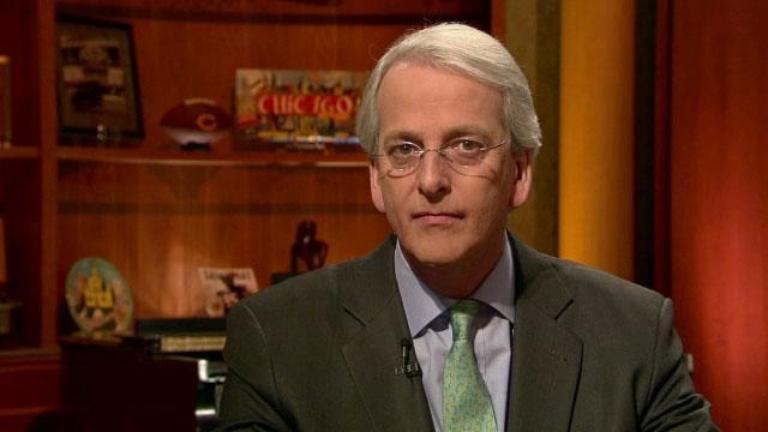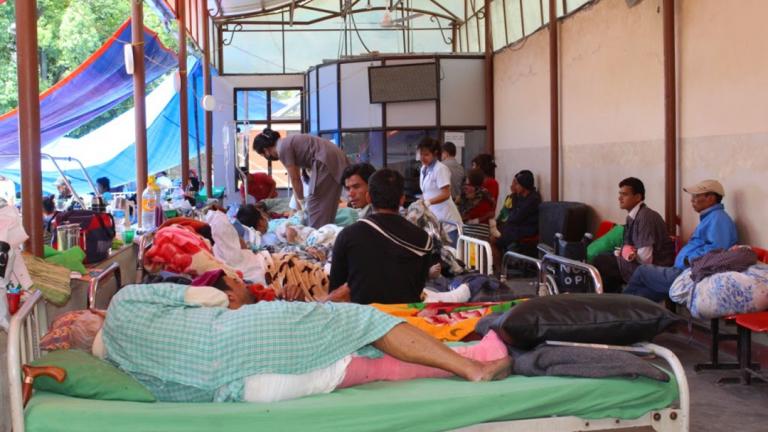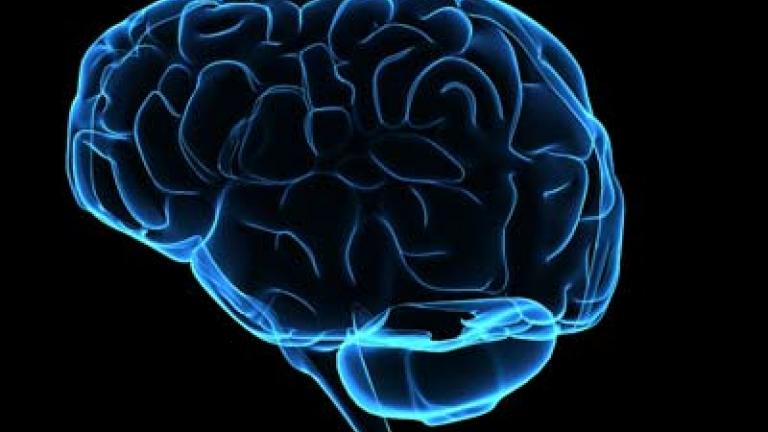Chicago Public Schools says it will issue budgets for schools on Monday. As reported by Chicago Tonight on Wednesday, many principals throughout CPS are growing increasingly frustrated that they are expected to plan for the new school year and finalize hiring decisions with little idea of how much money they will have to spend. It now appears principals will soon get some clarity.
Paul Caine
Chicago school principals are faced with the unenviable task of trying to plan for the new school year amid massive financial uncertainty. At a time when most would be hoping to finalize hiring decisions, they have no idea what their budget will be and how many teachers and other support staff they can afford. We learn what it's like to try and plan for the new school year with so many unknown factors.
In 1999, a car accident left DePaul University professor Clark Elliott concussed. As a leading scientist in the field of artificial intelligence he was intrigued by the impact on his brain and kept meticulous notes documenting the effects of his traumatic brain injury. Those notes became the basis for his new book. He joins us on Chicago Tonight.
Chase bank will no longer take more than a little loose change from customers -- a move they say is in the name of customer service. But some customers are outraged, including Robert Reed, who wrote a column for Crain's Chicago Business. He joins us to lament the decline of banking services for retail customers.
Today was deadline day for a $634 million payment due to the Chicago Teachers' Pension Fund, and this afternoon the payment was made. But school finances remain in a perilous state. We talk with the head of the pension fund, Charles Burbridge, on what happens next.
The unseasonably wet start to the summer has done little to dampen growth in the WTTW garden. The Organic Gardener Jeanne Nolan is back with an update from our vegetable patch and some answers to viewer questions.
Its Tevatron particle collider may have been superseded by the Large Hadron Collider in Cern, Switzerland, but Fermilab remains at the cutting edge of research into the origins of the cosmos.
He out-ponzied Ponzi, and the local press called him the king of the con and the greatest swindler of all time. Yet the story of Leo Koretz faded into obscurity since his death. His tale is now being told in the new book, Empire of Deception. The book’s author, Dean Jobb, joins us.
Perfect Pitch, Trap-Jaw Ants, Virgin Births & Shrinking Mount Everest
Once thought impossible, new research suggests people can learn perfect pitch. University of Chicago paleontologist and science explainer extraordinaire Neil Shubin is back to discuss that, the unique way trap-jaw ants avoid predators, “virgin births” in sawfish, and the shrinking of Mount Everest.
Now that the temperature has warmed up, we’re ready to plant the seeds and transplants for our summer crops. The Organic Gardener Jeanne Nolan visits our garden to help us plant our latest round of viewer selected crops and check in on the crops we planted a month ago.
Pastor Corey Brooks sits down with Paris Schutz to discuss his controversial endorsement of Republican Bruce Rauner for governor, his mission to curb violence and bring economic development to his community, and why he is inviting presidential candidates from both sides of the aisle to come to the South Side for a series of town hall meetings.
We live in a digital world. We communicate with each other through tweets and Facebook posts, upload photos to Instagram, pay our bills online, and more. But what happens to all those digital files and accounts after we die? We discuss planning for your digital afterlife.
Some $500 billion is spent each year by governmental entities on information technology. Now so-called “civic hackers” are taking the vast troves of data that cities like Chicago collect, and designing apps to make that data more useful to the public. From apps that track food poisoning to potholes to parking -- the city of Chicago is leading the way in the growing "govtech" sector. We find out more.
The Chicago Council on Global Affairs and the Financial Times will examine how global cities are driving political, social, and economic policies and solving critical world challenges during a three-day forum. Ivo Daalder, president of The Chicago Council on Global Affairs, joins us.
Just back from Nepal yesterday, we speak with a local doctor who was in Nepal providing knee and hip replacements. We get the latest from her on the unfolding humanitarian crisis.
As awareness increases about the risk of traumatic brain injury while playing contact sports and the possible long-term health impacts, we talk to Dorothy Kozlowski, a professor of biological sciences at DePaul University whose research focuses on understanding and treating the injured brain.

